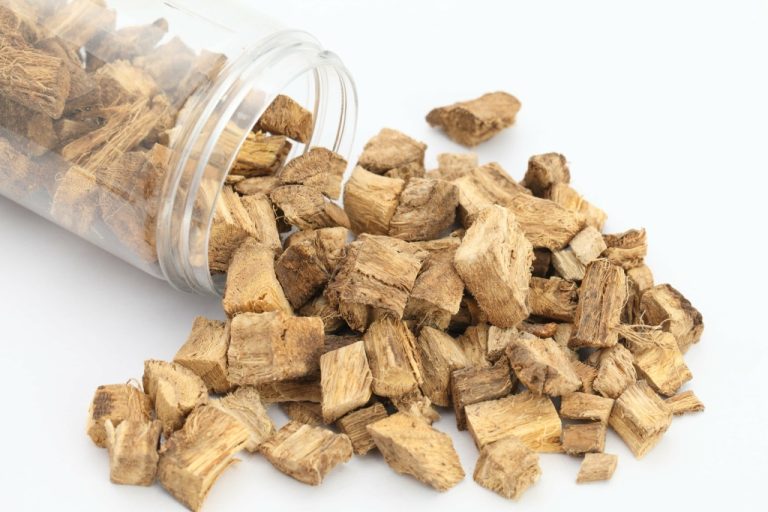If you’ve discovered your child or teen is drinking alcohol, it’s normal to feel upset, angry, and worried. Underage drinking can have serious implications that may not show up until later in your child’s life. Our research shows that 93% of teens believe that talking with parents can help prevent underage drinking.
Recognizing the Signs of Alcohol Use in Teens
- You can then invite the kids you feel good about to family get-togethers and outings and find other ways to encourage your child to spend time with those teens.
- For particularly impetuous teenagers, alcohol can create a vicious cycle of bad behaviour and delinquency.
- Explore how many people ages 18 to 25 engage in alcohol misuse in the United States and the impact it has.
- That’s why it’s important for parents to talk to kids about alcohol and the causes of teen drinking.
Talking with your child about the dangers of alcohol is important. Take preventive steps, such as networking with other parents who share your same thinking and rules Halfway house about underage drinking. This can include not serving alcohol at parties, and adult supervision when friends are over.
Inpatient Christian Addiction Rehab Centers
Similarly, if your teen is spending too alcohol teens much time alone, that may be a red flag that they’re having trouble fitting in. As a teenager, your child is likely to be in social situations where they’re offered alcohol—at parties or in the homes of friends, for example. So, if drinking is exclusively for adults only, that’s what they’ll do. They may also copy your own drinking habits to establish their maturity. Remember that as a parent, your child is much more likely to mimic your actions than listen to your words. No matter how much you preach about the dangers of underage drinking, if you reach for a drink to unwind at the end of a stressful day, your teen may be tempted to follow your example.
Taking Action: Prevention Strategies for Parents
It’s illegal for anyone under the age of 18 to buy alcohol anywhere in the UK. Agree a plan with your child in advanceIf you decide they’re allowed to go, have clear consequences if they break your agreement. Remind them that if they take alcohol from your house without your permission, you would regard it as stealing. Researchers believe the ability to predict the future is a skill that can be learned and developed. That’s an awful lot of youth who could be changing their brains — and their lives — forever. A .gov website belongs to an official government organization in the United https://ecosoberhouse.com/ States.

33% of 15-year olds have tried at least one drink, and 35% of 12th graders have indulged in alcohol within the last 30 days. Decide if alcohol is age-appropriate If you decide some alcohol is ok, make sure it’s within the CMOs’ guidelines and stick to the plan. Parents and teachers can play a meaningful role in shaping youth’s attitudes toward drinking.
What is the treatment for alcohol intoxication and alcoholism?
First is the prefrontal cortex, which is responsible for impulse control and decision-making. Alcohol interferes with its development, contributing to increased impulsivity and poor judgment. As such, it is a good idea to have a conversation with teens about alcohol. This can help establish a trusting relationship and reduce the risks. The younger a person starts drinking, the more likely they are to notice effects on their cognition and memory, which may last into adulthood. This changeability, or plasticity, means that the brain can be vulnerable to the effects of alcohol.

Is One Type of Alcoholic Drink Safer than Another?
Your teen may be falling behind at school, disrupting family life, and even stealing money to finance their habit or getting into legal difficulties. Drinking problems affect families all over the world from every different background. If their friends drink, your teen is more likely to as well, so it’s important you know where your teen goes and who they hang out with. By getting to know their friends, you can help to identify and discourage negative influences. And by working with their friends’ parents, you can share the responsibility of monitoring their behavior.
Navigating Your Own Substance Use Challenges
Like the double edged sword of anxiety, some teens may use alcohol to cope with depression, feel happier, more outgoing and social. Unfortunately in the long run, this only increases risk of depression. Speaking with your teen and supporting them in addressing the root cause of their anxiety rather than just masking symptoms is crucial. Open communication and addressing the underlying issues of what is leading them to choose drinking is an important way to prevent problems from escalating.
As teens move through middle school and high school, classes are getting more difficult, and puberty also makes things challenging. Additionally, the NIAAA notes that people who start drinking before age 15 are more than three times as likely to develop AUD as an adult than people who waited until age 21 to start drinking. In addition to the many negative health impacts that are caused directly by drinking, young drinkers are especially vulnerable to fatalities related to alcohol abuse. If you’re concerned your teenager is struggling to cope with the pressures or worries of growing up in Britain today, it’s possible they may wrongly think drinking is a way to cope. And they might have seen adults ‘drinking to cope’ with life stresses.
- Any treatment center receiving calls from the site is a paid advertiser.
- By creating a safe space for communication, teens are more likely to share their experiences and concerns.
- Parents should also be looped in and coached on how to respond calmly and constructively.
- While their behavior could just be the result of hormones or homework, it could also be an outside influence, like alcohol.
- Among children aged 12 to 17, nearly10%have used alcohol in the past month.
- 10% of eighth graders report drinking at some point, and prevalence of alcohol increases with age.
- Learn how many people ages 12 to 20 engage in underage alcohol misuse in the United States and the impact it has.
- Early adolescence is a time of immense and often confusing changes for your son or daughter, which makes it a challenging time for both your youngster and you.
- Their entertainment, friendships, news, even schoolwork are all just a tap away on a phone or laptop.
You can also limit your child’s time with that friend through your family rules, such as how after-school time can be spent or how late your child can stay out in the evening. Make it clear to your child that you don’t allow unchaperoned parties or other teen gatherings in your home. If possible, however, encourage him or her to invite friends over when you are at home. The more entertaining your child does in your home, the more you will know about your child’s friends and activities.
